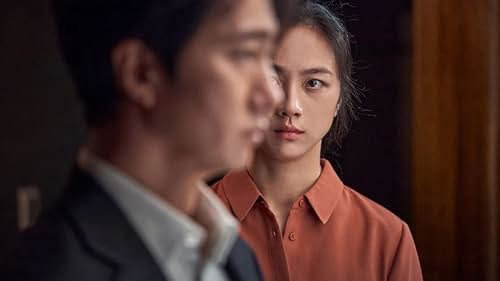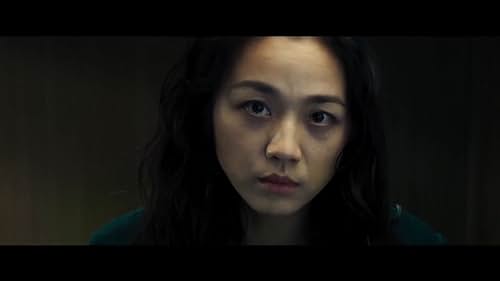By the description alone, you may walk into Decision to Leave expecting Park Chan-Wook's Basic Instinct, but what you'll get is Park Chan-Wook's In the Mood for Love, an every-frame-a-painting anti-erotic romance between two lovers held together by a messed up situation, while also being a true-to-form noir film with less setup and payoff but more poetic justice than Chinatown, in Park's least horny film to date. The film centers around an unhappily married police detective put to work on a crime he finds himself not wanting to solve, as he investigates the movie's femme fatale for the murder of her husband, while attempting to work out his uncontrollable attraction to her, forcing both of them to ask themselves how romance can survive when hope for a future together depends upon them leaving the past unresolved. It's a mystery that Park unpacks with uncharacteristic restraint, if only because its ultimate payoff is more of a sinking realization than the kind of sudden bombshell often detonated at the end of his earlier films, requires these characters to remain firmly in the real world, where their adult longings will face adult consequences, though toning down the heightened, wildly over-the-top situations and conclusions from a typical Park fare does not change the fact that the storytelling here, both in its writing and visuals, is done with more precision than anything else he's made so far. Beginning at the sensuous first interrogation scene, which is hardly the first time in a film where an interrogation is framed as an act of seduction, it isn't the potential for sex that gets things moving (like Basic Instinct) as their very obvious affair remains unconsummated, but instead, we're given two unhappy people worming themselves into each other's minds, like faint whispers that may help them finally sleep.






















